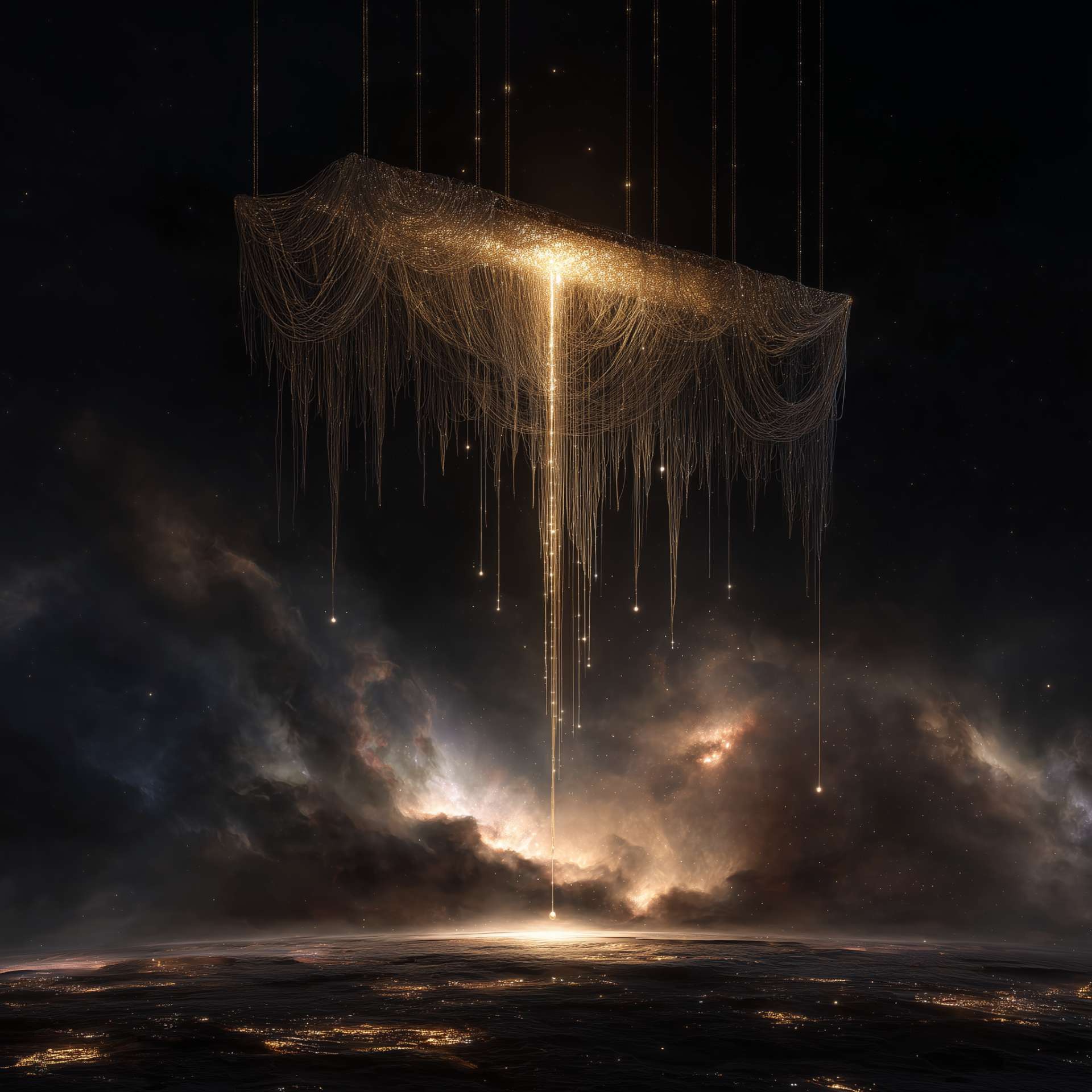We're reached the "singularity" of music because of the way that this new "Styles" feature works (explained why below.)
For this song, I added an "8" category to see how many select it, as the people who heard this in person were floored. An "8" would be a song of higher caliber than a song you previously rated a "7." For the purpose of other prediction markets on this site, "8" ratings will be summed up as "7."
The dynamic range on this song is intentionally wide and you will have to increase its volume.

The Grandsong
Released June 6, 2025
The new version of Gemini rates this song as a 97/100. Notice how everything about this song is perfectly coherent - down to how the cello bow strength is adjusted for the meaning of what the singer is performing right before. This new model is able to understand how to make music that fits the lyrics - it even ignored my prompt for the dorian mode, and I realized later that the fable wouldn't have been effective with the hope dorian provides.
The meaning of the lyrics are for you to determine; I'm not going to say what I originally meant them to mean, because I realized later they can be taken a lot of different ways. Gemini believes that the song's lyrics can be understood as a metaphor for how people won't stop creating AI models and that the lesson is that the only way to stop causing problems is not to progress (I do not agree with this lesson, although it is a consistent with the lyrics.)
What I believe is happening now is that the "styles" feature, which takes music as an input sequence in addition to the traditional text prompt, is the first type of model that allows for reinforcement learning with human feedback in production. An LLM can't do that because RLHF would require lengthy critiques of its output for every single prompt, and they would quickly overflow the context window.
But humans are very good at taking good songs and using them as input. So I can just take the last song and use an appropriate part of it as input, twisting it with a text prompt, and select something better from the outputs. Then, each new song gets more emotional, cohesive, and clear than the last. This is reinforcement learning at an extreme accelerated rate.
Thus, theoretically, this model should be able to generate a Billboard hit given enough iterations of reinforcement learning. I don't know how many iterations that is, but I do have a dance hook "styled" from this song that is incredible, and I'll post it next time.